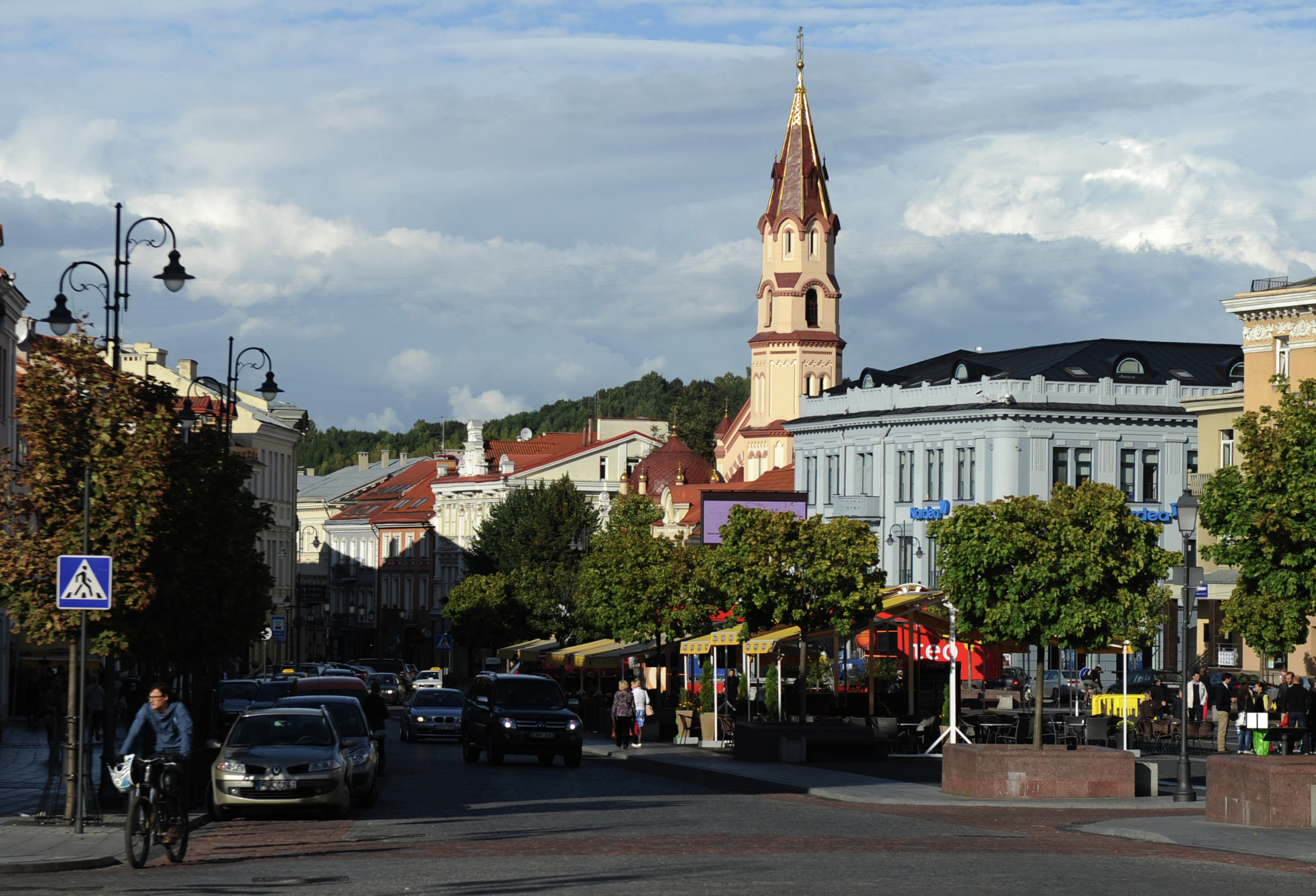VILNIUS, July 17 (RAPSI) - The lawyer of Russian national Dmitry Ustinov, who was detained in Lithuania at the request of the United States on suspicion of arms smuggling, said the court can refuse to extradite his client.
Drasutis Zagreckas says there is no convincing evidence of his client's alleged crime, and besides, he faces a harsher punishment in the United States than he would do if he were tried in Lithuania.
The US special services established that in 2010 Ustinov wrote an e-mail to a co-conspirator asking to buy him night vision equipment. Between July 2010 and October 2012, Ustinov allegedly acquired and later sold at least 13 items of military-oriented night vision equipment including PVS-14 sights after smuggling them out of the United States.
If convicted in the United States, where he is accused of illegal arms sales and smuggling, as well as money laundering, Ustinov will face at least 20 years in prison.
The authorities of the state of Delaware issued an arrest warrant for him on March 26. Ustinov was detained in Vilnius Airport on April 15 and his detainment was later extended to August 15 because the case materials from the United States had only arrived in early June and needed to be translated into Russian.
Ustinov has denied all charges and does not want to be extradited to the United States.
Zagreckas said in the court on Tuesday that there is no evidence that Ustinov had smuggled night vision devices from the United States to Russia, or that he or anyone else had paid for the transaction.
"In accordance with Explication 42 of the Lithuanian Supreme Court dated 2003, Lithuania can refuse to extradite a suspect if this would worsen his situation," the lawyer told RIA Novosti on Tuesday. "Under Lithuanian law, if there were legal grounds for charging Ustinov and his case was considered by the strictest of courts, he could be sentenced to 10 years in prison, whereas the sentence he would get in the Untied States is 20 years. In other words, the court can theoretically refuse to extradite Ustinov because this would worsen his situation."
Zagreckas also asked the court to request additional information from the US Department of State.



